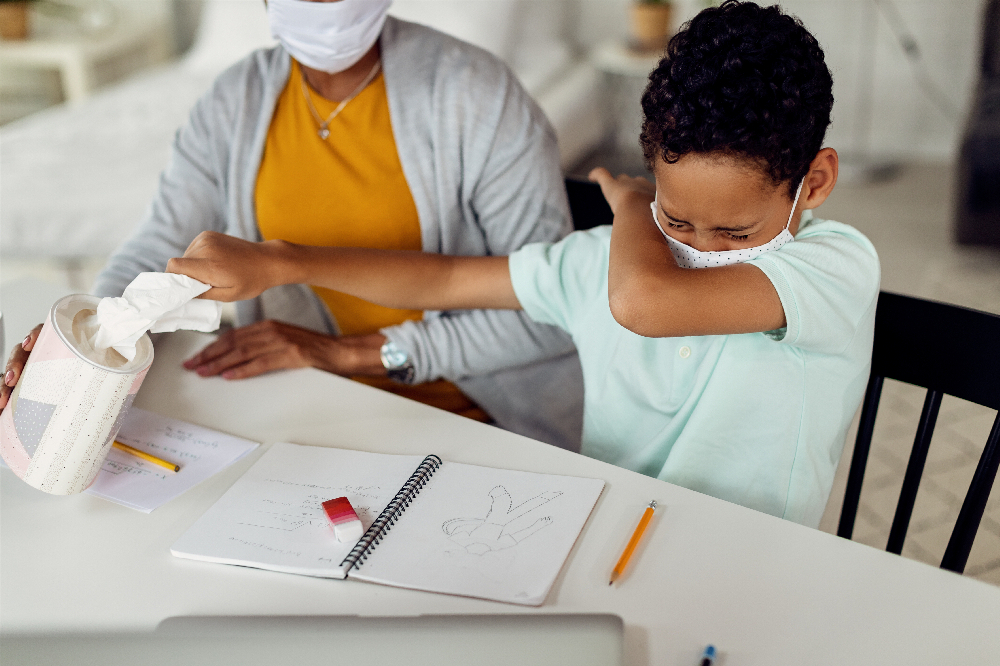
Preventing disease and infection
Germs are all around us. But don’t panic, most of them are completely harmless. Some even do us good, like the bacteria in our gut that aid digestion. The important thing is to protect our families from the germs that can cause bacterial diseases and other infections.
How do germs spread?
Harmful bacteria and other germs can be carried into the home in or on people and pets, or in contaminated food and water.
How they spread is partly down to us. Cleaning contaminated surfaces without proper hygiene (such as a cloth that isn’t cleaned regularly) can quickly spread these germs to other areas. Without knowing it, we can also pick up germs on our hands as we go about our day. They can then be spread to anything we touch until the next time we wash our hands.
Likewise, if a person has a viral illness like the flu, tiny droplets of moisture from their mouth can carry germs into the air when they cough ,sneeze or even just breathe. These can contaminate any surface that they land on, or infect other people by being breathed in.
This is what we call the chain of infection – harmful bacteria and other germs being accidentally being passed from one person to the next and causing infection. Thankfully, the chain can be broken.
Breaking the chain of infection:
The best way to stop the spread of germs is through good hygiene. Here are some ways to help:
- Wash your hands regularly – especially before eating, before and after preparing food, and after coughing, sneezing or using the toilet or changing a nappy
- Cover your nose and mouth with a tissue when you cough or sneeze. Put any used tissues straight in the bin and wash your hands
- Handle and prepare food safely. Clean your hands and surfaces regularly, separate raw and cooked foods, cook food thoroughly and chill fresh & cooked foods to slow the growth of bacteria
- Vaccinations (or immunisations) are a great way to protect from serious infection. Make sure your family is up to date with their vaccinations recommended by your health care professional
- Clean and disinfect surfaces regularly – especially food contact surfaces and regularly touched surfaces such as taps, door handles and telephone keypads.
Clean or disinfect: What’s the difference?
Cleaning means removing dirt and some germs, usually with a detergent and a thorough rinse with hot running water. For many small items (such as cutlery and crockery), this is enough to make them safe to use.
Disinfecting means and killing most of the germs present. This is important for larger or fixed surfaces where thorough rinsing isn’t possible (such as work tops, toilets, sinks and telephone handsets). Regularly disinfecting the surfaces of your home is one of the best ways to prevent the spread of harmful germs and bacteria.
Remember, even in a clean home harmful bacteria can still find their way in. Explore our site for further information on common illnesses and our advice if you or your loved ones get poorly.